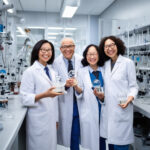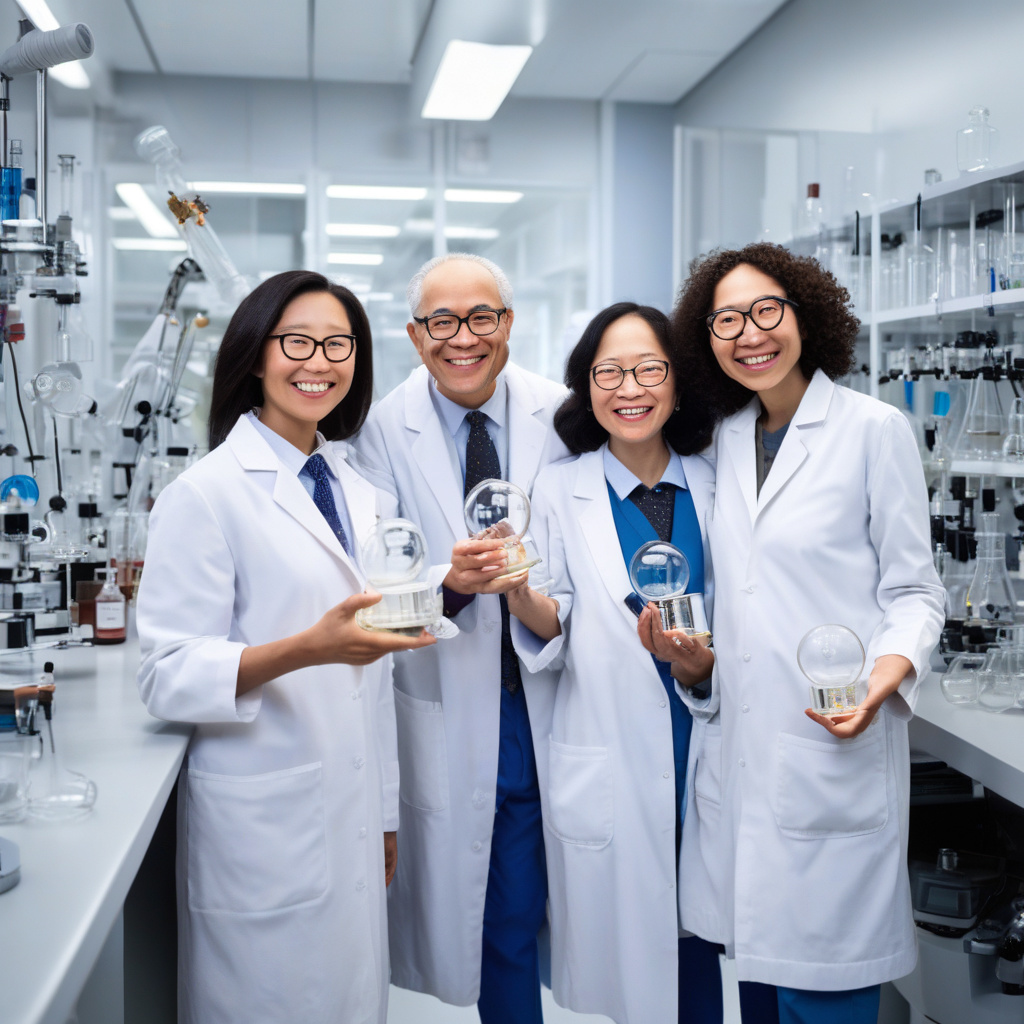Trio Wins 2025 Nobel Prize in Chemistry for Groundbreaking Metal–Organic Frameworks
The prestigious 2025 Nobel Prize in Chemistry has been awarded to Susumu Kitagawa, Richard Robson, and Kim R. Dunbar for their remarkable contributions to the field of metal-organic frameworks (MOFs). This recognition highlights the significance of their research in developing innovative materials with diverse applications, ranging from gas storage and separation to catalysis and drug delivery.
Metal-organic frameworks are a class of materials constructed from metal ions or clusters coordinated to organic ligands, forming porous structures with high surface areas. These unique characteristics make MOFs highly versatile and have sparked immense interest in various scientific disciplines.
Susumu Kitagawa, a Japanese chemist, is renowned for his pioneering work in the synthesis and characterization of MOFs. His efforts have laid the foundation for understanding the structural properties and potential applications of these materials. Richard Robson, from the United Kingdom, has made significant contributions to the design and functionalization of MOFs, expanding their utility in diverse fields. Kim R. Dunbar, an American chemist, has focused on the development of novel MOFs with tailored properties for specific applications, such as magnetic and luminescent behavior.
The collaborative work of Kitagawa, Robson, and Dunbar has propelled the field of MOFs to new heights, inspiring researchers worldwide to explore the vast potential of these materials. From environmental remediation to energy storage, MOFs offer promising solutions to pressing global challenges.
One of the most exciting aspects of MOFs is their ability to adsorb gases selectively, making them ideal for gas storage and separation applications. For instance, MOFs have shown great promise in capturing carbon dioxide emissions from industrial processes, mitigating the impact of greenhouse gases on the environment. Additionally, MOFs can be tailored to adsorb specific gases, such as hydrogen or methane, for use in clean energy technologies.
In the field of catalysis, MOFs have demonstrated exceptional performance as catalysts for various chemical reactions. Their high surface area and tunable pore structures allow for precise control over catalytic processes, leading to improved efficiency and selectivity. This has significant implications for industries such as pharmaceuticals, where precise control over chemical reactions is critical.
Furthermore, MOFs have shown great potential in the field of drug delivery, with researchers exploring their use as carriers for therapeutic compounds. By functionalizing the surface of MOFs with targeting ligands, drugs can be delivered selectively to diseased tissues, reducing side effects and improving treatment outcomes. This targeted approach holds great promise for personalized medicine and improving patient care.
The recognition of Kitagawa, Robson, and Dunbar with the 2025 Nobel Prize in Chemistry underscores the transformative impact of their work on the scientific community. Their dedication to advancing the field of MOFs has opened up new possibilities for innovation and discovery, with far-reaching implications for a wide range of industries.
As we look to the future, the continued exploration of MOFs is poised to drive further advancements in materials science and beyond. By harnessing the unique properties of these versatile materials, researchers can address some of the most pressing challenges facing society today, from environmental sustainability to healthcare.
In conclusion, the groundbreaking work of Kitagawa, Robson, and Dunbar in the field of metal-organic frameworks has rightfully earned them the 2025 Nobel Prize in Chemistry. Their contributions exemplify the power of collaboration and innovation in driving scientific progress and shaping a better future for us all.
NobelPrize, Chemistry, MetalOrganicFrameworks, Innovation, Research












